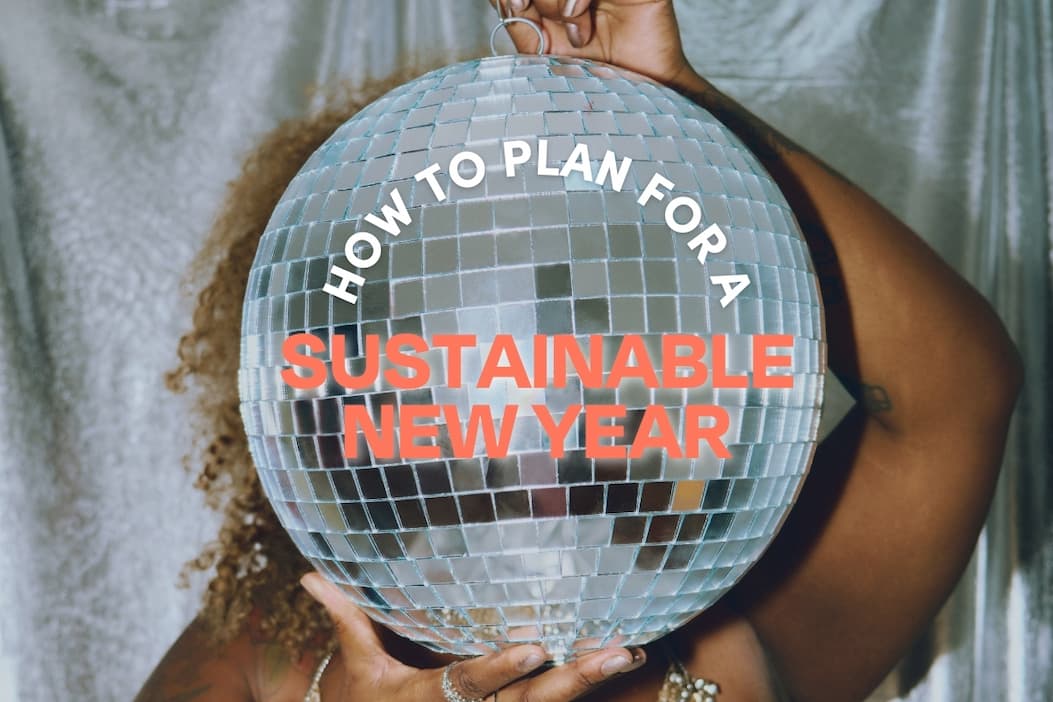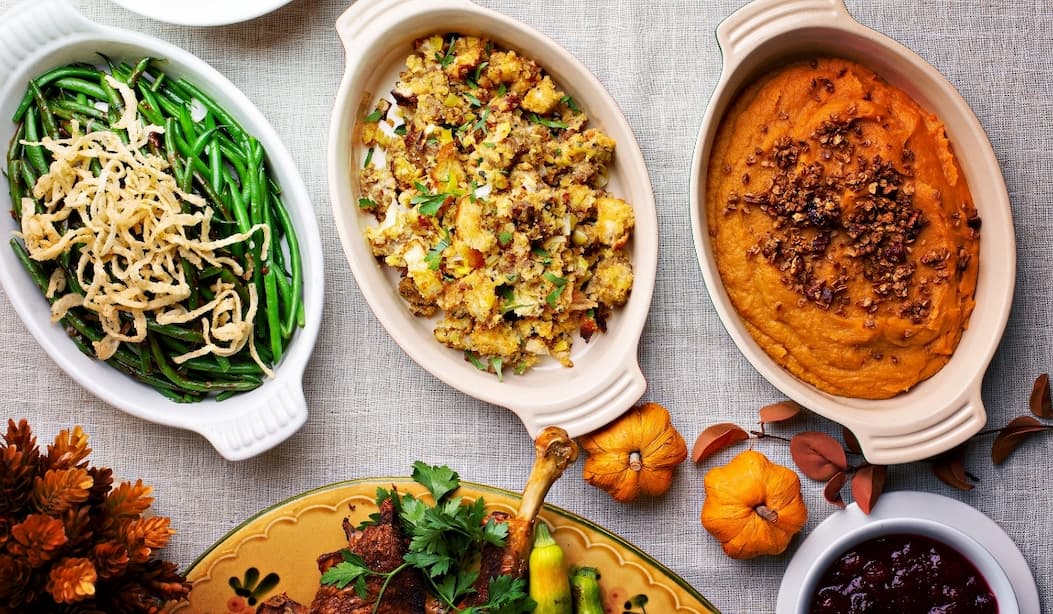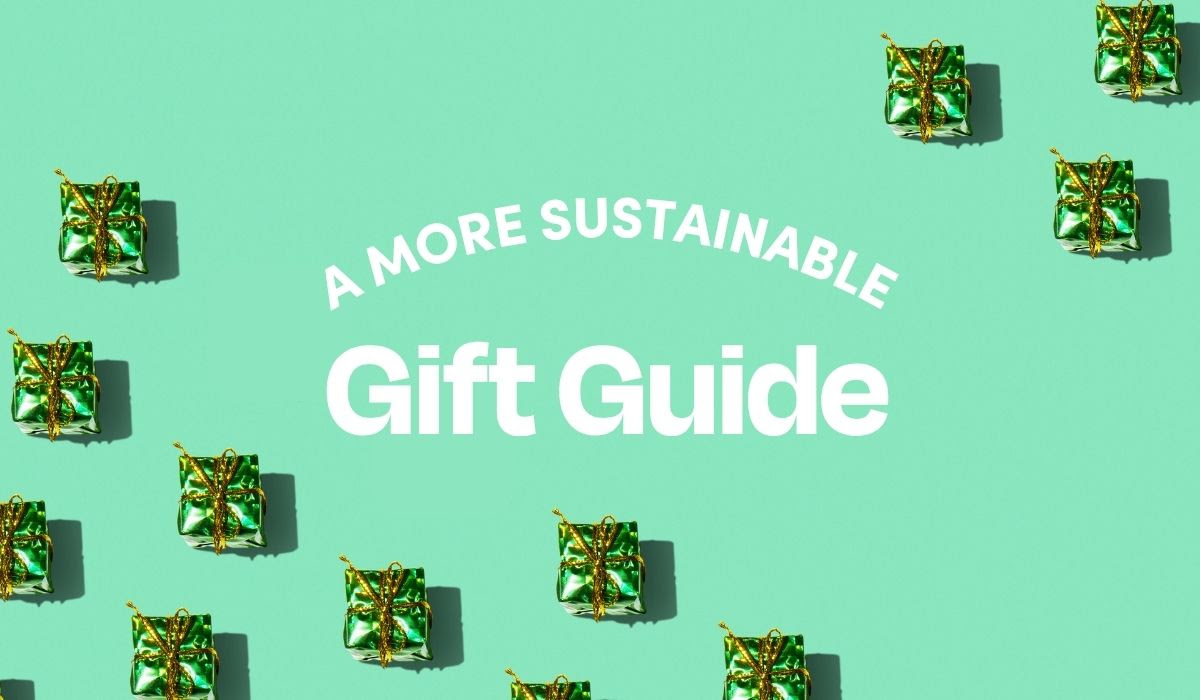Composting
What is Composting?
Composting is the natural process of converting organic decayed matter, such as leaves and food scraps, into valuable fertilizer that can enrich soil and plants. Currently, less than 10% of all waste in the United States is composted. There’s a lot of buzz these days about compostable goods, but the full environmental benefit of composting is only realized when items are disposed of properly – which may require a nearby industrial composting facility.
Important Reminder!
Just because something says it’s ‘compostable’ or ‘biodegradable’ does not always mean it can be thrown into an at-home food scraps bin.
Can items other than food be composted?
Now this is a great question because the answer isn’t so straight forward. Sure, most (if not all) composters, including those nifty at-home ones, can compost fruits, vegetables, eggshells, grains, coffee grinds, tea, nuts, dried flowers and houseplants. Some composters will also accept meat, dairy, and fish. It gets tricky though when we get into compostable plastic alternatives and other goods. Nowadays, even unbleached paper towels and bamboo toothbrush handles say they can be composted, which means that their end-of-life footprint could be significantly reduced compared to alternatives that get sent to landfill. But, be careful, those items should never be sent to recycling facilities (even if they look like plastic) and can usually only be handled by industrial composting facilities. Check out findacomposter.com to see if there’s a local composting option near you!
Why does composting matter?
According to the US Department of Energy, organic materials that end up in landfills decompose and eventually emit methane, which has 28 times the global warming potential of carbon dioxide. Composting can mitigate this methane production and actually reduce greenhouse gas emissions by up to 86%. When properly handled, composting can also help sequester carbon, prevent erosion, and deposit much-needed nutrients back into our soil to support agricultural growth.
Still want to learn more? Check out some of our favorite references:
- https://www.sciencedirect.com/science/article/pii/S092134490800133X
- https://www.epa.gov/sustainable-management-food/types-composting-and-understanding-process
- https://stanfordmag.org/contents/taking-paper-towels-to-the-compost-pile-essential-answer
Finch is your guide to all things sustainability.
Unlock unlimited articles, comprehensive product guides, and sustainable product recommendations to help you make better decisions every day.
SubscribeLearn more about our sources and methodology
LEARN MORE









